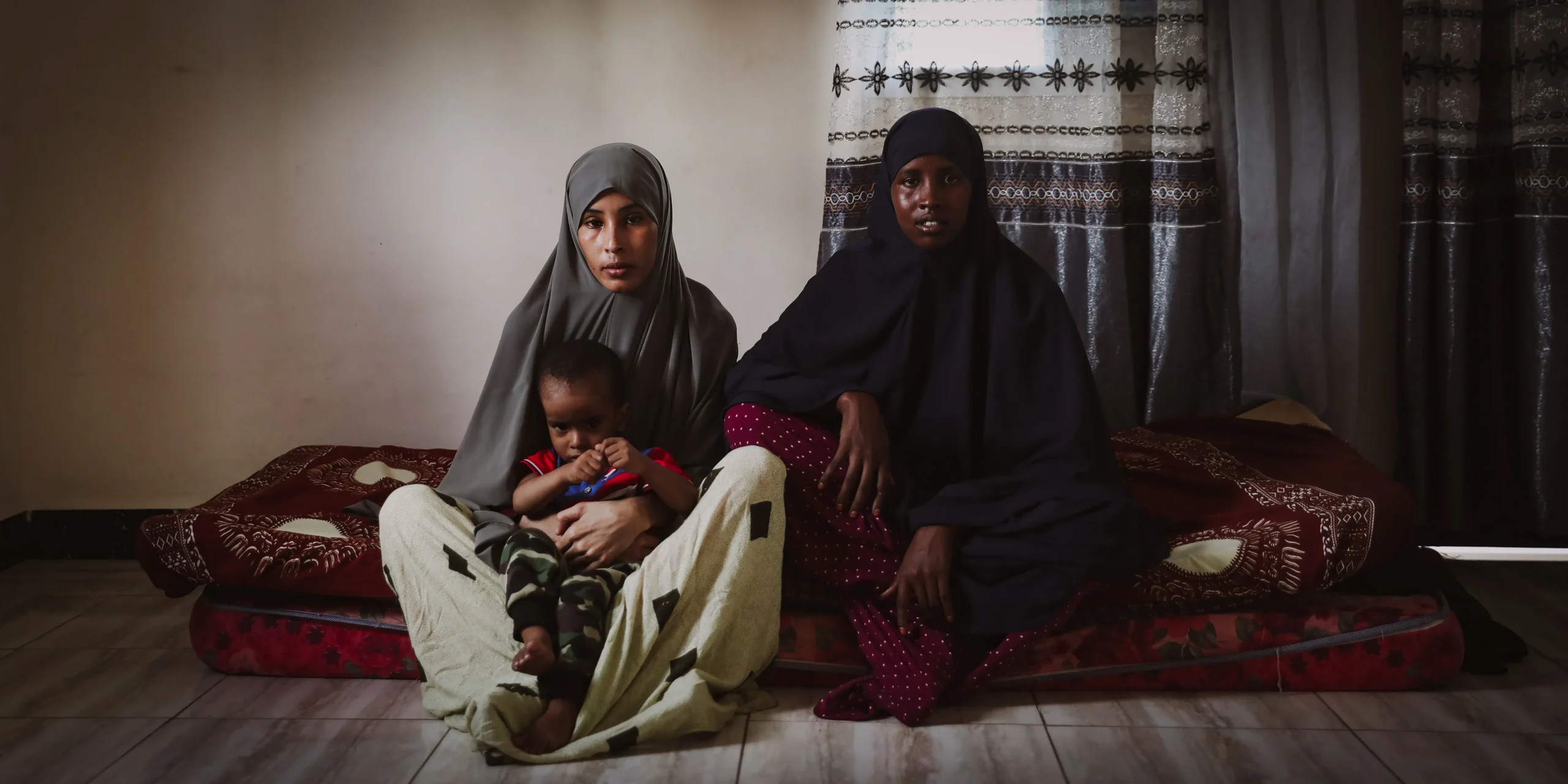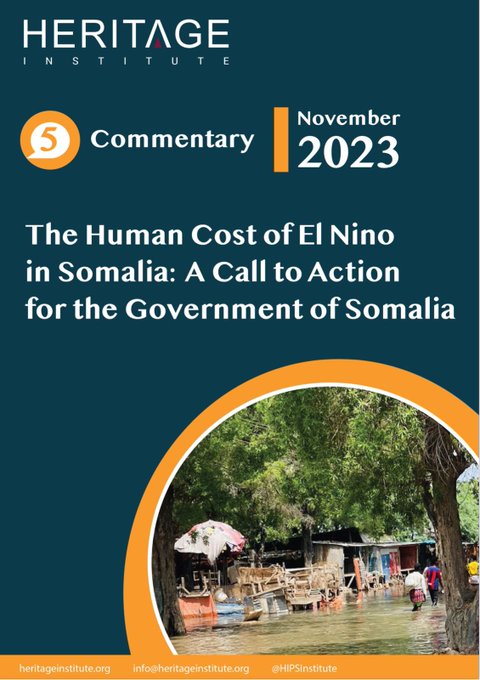Our family shares a rich history and a close alliance with Lasanod. My father struggles with the British and his role in the nationalist movement meant he was transferred to Lasanod as a form of “punishment”. The British knowing there where clan animosities between my father’s clan and those who resided in Lasanod where counting on my father being killed there and then they would eliminate him as one of the leaders in the nationalist movement.
My father to his credit was fearless, when the British informed him of his transfer. He had famously informed them, he was delighted with the transfer as “Lasanod is our Medina”. A gentlemen who overheard my father’s tense discussions, with the British officials sent urgent message to Lasanod. My father was welcomed and greeted like a hero. The whole town welcomed him and the elders all invited him to Lasanod as their “son”.
This of course, shocked the colonist and my father not only had a successful term in Lasanod, but he made life long friends and unbreakable alliances. He actually wanted to be buried in either Burao or Lasanod as both cities held special reverence for my father.
You simply cannot imagine, how the scenes being broadcasted from Lasanod, is both horrifying and demoralizing, for my entire family. I am actually relieved, my beloved father, is not alive to see them.
Heartbreaking images, which rocks the very foundation, of human decency, ethics, compassion, and undermines our religious teachings and tolerance in Islam. Sadly and unfortunately, it reminded me of scenes from Nazi Germany – the mass deportation of innocent people, deported with just the clothes on their back. Forced to abandon their homes and businesses.
I am genuinely dismayed, that I have lived long enough, to witness these unimaginable scenes. Feeling distraught, beyond horrified, and heartbroken.
Somaliland can do better – this is an absolutely inhumane and disgraceful act, and as a government policy, it is extremely damaging to the reputation and image of Somaliland. Counterproductive and highly provocative, is truly an understatement.
Below are writings from my father’s biography which is being prepared for publication. I copied the section on Lasanod.
In 1948 Ahmed Kaise and three of his colleagues won a full scholarship to the prestigious Hantoub College in Khartoum, Sudan. On passing the exams four years later, they went to England for further study. Ahmed enrolled in the University of Keel in northern England. He graduated in the summer of 1956 with a First-Class Honours Degree in Political Economy and was therefore the first university graduate from Somaliland.
He returned to Somaliland in the same year, and was appointed as Assistant District Commissioner – the highest ever post for a Somali national. However, when the authorities discovered his clandestine work in the nationalist liberation movement, he was transferred to Lasanod, the capital of the eastern region which the British considered a hostile territory beset with violent clan antagonism.
Contrary to expectations, Ahmed Kaise’s stay proved a spectacular success. He managed, through clever negotiation, to end the inter-clan wars that bedeviled the region and thus became a national hero. In effect he undermined the
divide-and-rule politics of the colonial authorities, which were the cause of the very inter-clan wars on which they blamed the Somalis. It was no accident that the British administration identified him as a ‘trouble maker’.
In 1958, while in Lasanod, Ahmed Kaise had a physical confrontation with an arrogant and racist British official. As a result, he was recalled back to Hargeisa under armed escort, and was to be officially charged with sedition (a serious charge) the next morning.
However, with an hour of his arrival, Ahmed Kaise took a taxi to the border town of Wajale, bluffed his way past the border guards, crossed into Ethiopia, and applied for political asylum that was readily granted by Emperor Haile Selassie. After assessing his qualification, the Ethiopians offered him a senior post in the Ministry of Interior, presided by the second most powerful aristocrat in Addis, the son-in-law of the Emperor. 1959 Ahmed Kaise left for Egypt en route to Somaliland.
By Khadra Dualeh
Former Minister of Commerce & Industry, Federal Government of Somalia.
Categories: Opinion













